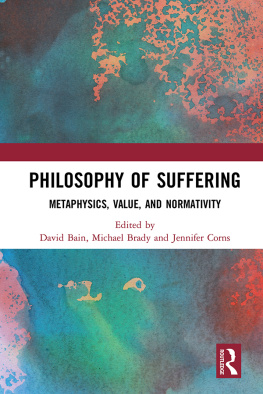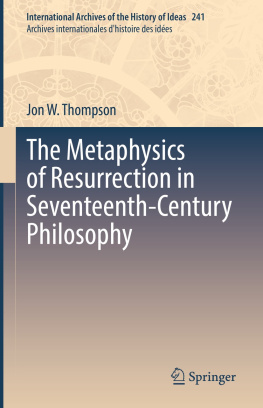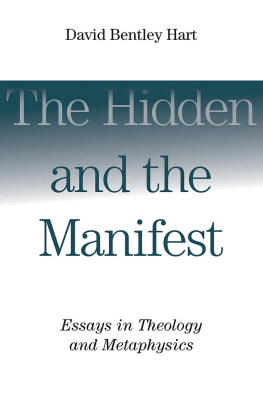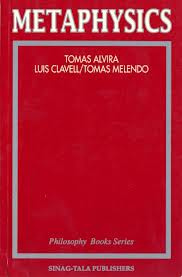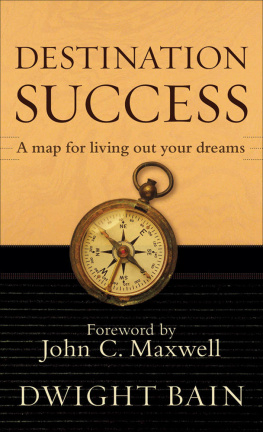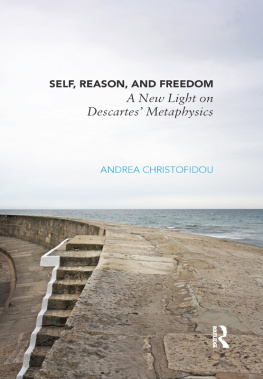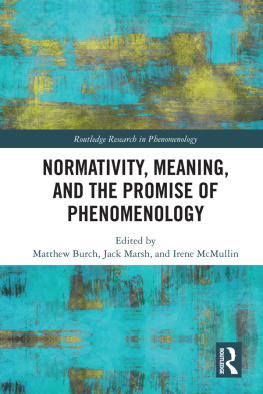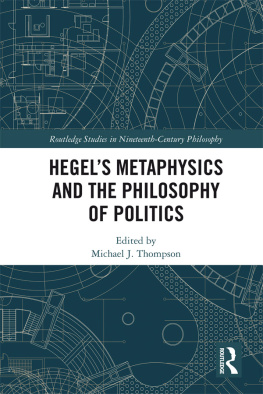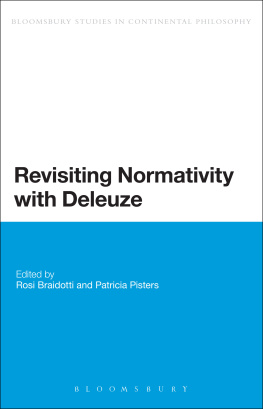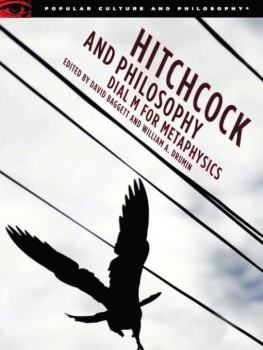Bain David - Philosophy of suffering : metaphysics, value, and normativity
Here you can read online Bain David - Philosophy of suffering : metaphysics, value, and normativity full text of the book (entire story) in english for free. Download pdf and epub, get meaning, cover and reviews about this ebook. year: 2020, publisher: Routledge, genre: Religion. Description of the work, (preface) as well as reviews are available. Best literature library LitArk.com created for fans of good reading and offers a wide selection of genres:
Romance novel
Science fiction
Adventure
Detective
Science
History
Home and family
Prose
Art
Politics
Computer
Non-fiction
Religion
Business
Children
Humor
Choose a favorite category and find really read worthwhile books. Enjoy immersion in the world of imagination, feel the emotions of the characters or learn something new for yourself, make an fascinating discovery.
- Book:Philosophy of suffering : metaphysics, value, and normativity
- Author:
- Publisher:Routledge
- Genre:
- Year:2020
- Rating:5 / 5
- Favourites:Add to favourites
- Your mark:
- 100
- 1
- 2
- 3
- 4
- 5
Philosophy of suffering : metaphysics, value, and normativity: summary, description and annotation
We offer to read an annotation, description, summary or preface (depends on what the author of the book "Philosophy of suffering : metaphysics, value, and normativity" wrote himself). If you haven't found the necessary information about the book — write in the comments, we will try to find it.
Bain David: author's other books
Who wrote Philosophy of suffering : metaphysics, value, and normativity? Find out the surname, the name of the author of the book and a list of all author's works by series.
Philosophy of suffering : metaphysics, value, and normativity — read online for free the complete book (whole text) full work
Below is the text of the book, divided by pages. System saving the place of the last page read, allows you to conveniently read the book "Philosophy of suffering : metaphysics, value, and normativity" online for free, without having to search again every time where you left off. Put a bookmark, and you can go to the page where you finished reading at any time.
Font size:
Interval:
Bookmark:

Suffering is a central component of our lives. We suffer pain. We fall ill. We fail and are failed. Our loved ones die. It is a commonplace to think that suffering is, always and everywhere, bad. But might suffering also be good? If so, in what ways might suffering have positive, as well as negative, value?
This important volume examines these questions and is the first comprehensive examination of suffering from a philosophical perspective. An outstanding roster of international contributors explore the nature of suffering, pain, and valence, as well as the value of suffering and the relationships between suffering, morality, and rationality.
Philosophy of Suffering: Metaphysics, Value, and Normativity is essential reading for students and researchers in philosophy of mind, philosophy of psychology, cognitive and behavioural psychology, as well as those in health and medicine researching conceptual issues regarding suffering and pain.
David Bain is Reader in Philosophy at the University of Glasgow, UK.
Michael Brady is Professor of Philosophy at the University of Glasgow, UK.
Jennifer Corns is Lecturer in Philosophy at the University of Glasgow, UK.
First published 2020
by Routledge
2 Park Square, Milton Park, Abingdon, Oxon OX14 4RN
and by Routledge
52 Vanderbilt Avenue, New York, NY 10017
Routledge is an imprint of the Taylor & Francis Group, an informa business
2020 selection and editorial matter, David Bain, Michael Brady, and Jennifer Corns; individual chapters, the contributors
The right of David Bain, Michael Brady, and Jennifer Corns to be identified as the authors of the editorial material, and of the authors for their individual chapters, has been asserted in accordance with sections 77 and 78 of the Copyright, Designs and Patents Act 1988.
All rights reserved. No part of this book may be reprinted or reproduced or utilised in any form or by any electronic, mechanical, or other means, now known or hereafter invented, including photocopying and recording, or in any information storage or retrieval system, without permission in writing from the publishers.
Trademark notice: Product or corporate names may be trademarks or registered trademarks, and are used only for identification and explanation without intent to infringe.
British Library Cataloguing in Publication Data
A catalogue record for this book is available from the British Library
Library of Congress Cataloging-in-Publication Data
A catalog record has been requested for this book
ISBN: 978-0-8153-6178-7 (hbk)
ISBN: 978-1-351-11546-9 (ebk)
Marilyn McCord Adams was Professor of Philosophy and Theology and an Episcopal priest at the time of her death in 2017. She taught at numerous universities, including UCLA, Yale, and Oxford, where she was the first woman and the first American to be Regius Professor of Divinity. At Oxford she was also Canon of Christ Church Cathedral. Her academic specialities were medieval and philosophical theology, and she was especially well known for her groundbreaking work on the problem of evil. She published five monographs and over 100 journal articles and encyclopaedia entries.
David Bain is Reader in Philosophy at the University of Glasgow. His research centres on pain and affect, and he is increasingly interested in suffering and the emotions. Jointly with Professor Michael Brady, he was Principal Investigator of the Pain Project (20122013) and the Value of Suffering project (20132016). He has published on pain, affect, colour, and Wittgensteins private language argument (www.davidbain.org).
Brock Bastian is an Associate Professor in the School of Psychological Sciences at the University of Melbourne. He is trained as a social psychologist and his research broadly focuses on the topics of ethics and well-being. Brock completed in his PhD in 2007 and since then has published more than 100 peer-reviewed journal articles and book chapters, including a popular science book, The Other Side of Happiness.
Hagit Benbaji is Associate Professor of Philosophy at the Ben-Gurion University of the Negev. She has published on pain, emotion, action and causation, the mindbody problem, colour and colour perception, epistemology, the philosophy of Thomas Reid, and forgiveness and toleration.
Michael Brady is Professor of Philosophy at the University of Glasgow, Scotland. His research centres on the philosophy of emotion, and its links with moral philosophy and epistemology. In 2013 his book Emotional Insight was published by Oxford University Press. He was Co-Principal Investigator, with Dr David Bain, on the Templeton-funded Value of Suffering project, and his resulting book, Suffering and Virtue, was published by Oxford University Press in 2018. His introductory textbook Emotion: The Basics was also published. Outside of academia, he is philosopher-in-residence for the Manchester-based theatre company Quarantine.
Havi Carel is Professor of Philosophy at the University of Bristol. She is a Wellcome Trust Senior Investigator, leading the Life of Breath project (20142020; www.lifeofbreath.org), which won the Health Humanities Inspiration Award 2018. She is the author of Phenomenology of Illness (2016), Illness (2008, now in its third edition and shortlisted for the Wellcome Trust Book Prize), and of Life and Death in Freud and Heidegger (2006). She was voted by students as a Best of Bristol lecturer in 2016. She previously held grants from the AHRC, British Academy and Leverhulme Trust (www.bristol.ac.uk/school-of-arts/people/havi-h-carel/index.html).
Jonathan Cohen is Professor of Philosophy and faculty member of the Interdisciplinary Cognitive Science Program at the University of California, San Diego. Before coming to UC San Diego, he was a Killam Postdoctoral Fellow in philosophy at the University of British Columbia. He earned his PhD in philosophy at Rutgers University. His has published extensively in philosophy of perception (particularly on colour and on interactions within and between perceptual modalities) and philosophy of language (especially on issues about context sensitivity and the semantics/pragmatics interface). He is the author of The Red and the Real: An Essay on Color Ontology (OUP, 2009), and co-editor of Color Ontology and Color Science (with Mohan Matthen, MIT Press, 2010) and Contemporary Debates in the Philosophy of Mind (with Brian McLaughlin, Wiley-Blackwell, 2007).
Sam Coleman is Reader in Philosophy at the University of Hertfordshire, and author of various articles mainly in the philosophy of mind. His current work explores the view that the mind is of a nature which is revealed to us in consciousness, but where mental operations nonetheless go on for the most part outside of consciousness. This theory is developed in detail in his forthcoming book with Oxford University Press, Dark Mind.
Jennifer Corns is Lecturer in Philosophy at the University of Glasgow. Her research focuses on pain, suffering, affect, and death. Her forthcoming monograph with Routledge, The Complex Reality of Pain, employs contemporary philosophy, scientific research, and clinical reports to argue that pain, though real, is not an appropriate object of scientific generalisations or an appropriate target for medical intervention. She aims to use philosophical tools and evaluate empirical research to make progress on topics that matter within and beyond the academy.
Font size:
Interval:
Bookmark:
Similar books «Philosophy of suffering : metaphysics, value, and normativity»
Look at similar books to Philosophy of suffering : metaphysics, value, and normativity. We have selected literature similar in name and meaning in the hope of providing readers with more options to find new, interesting, not yet read works.
Discussion, reviews of the book Philosophy of suffering : metaphysics, value, and normativity and just readers' own opinions. Leave your comments, write what you think about the work, its meaning or the main characters. Specify what exactly you liked and what you didn't like, and why you think so.

